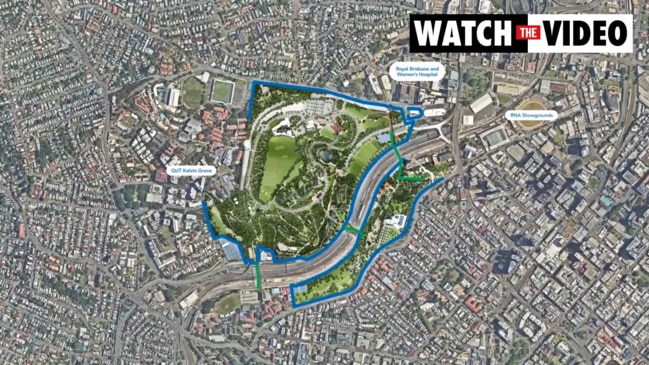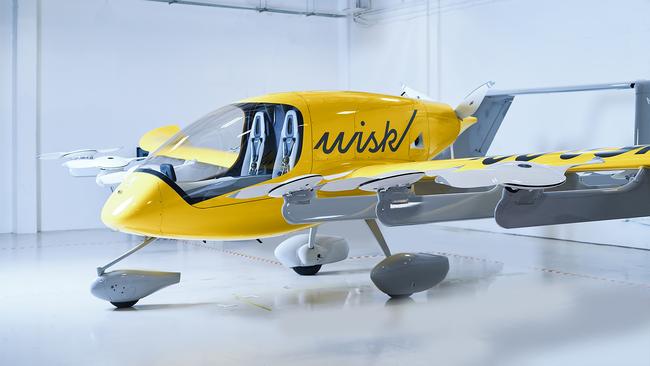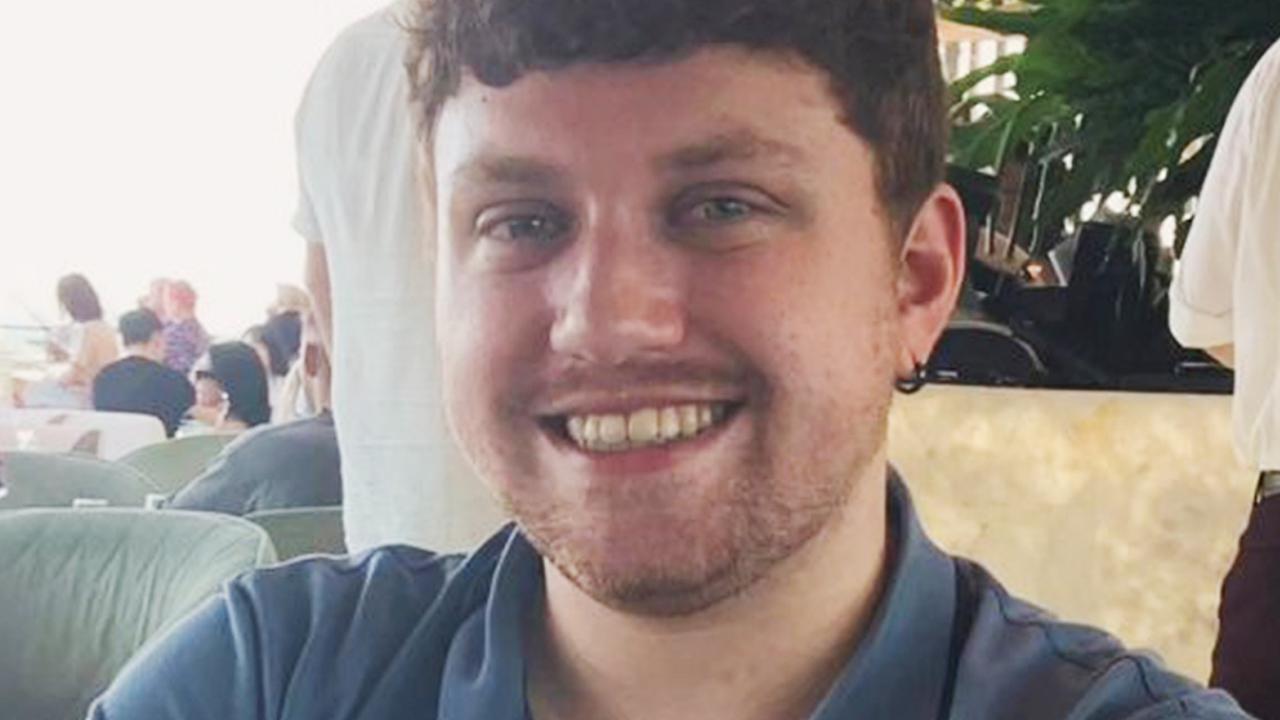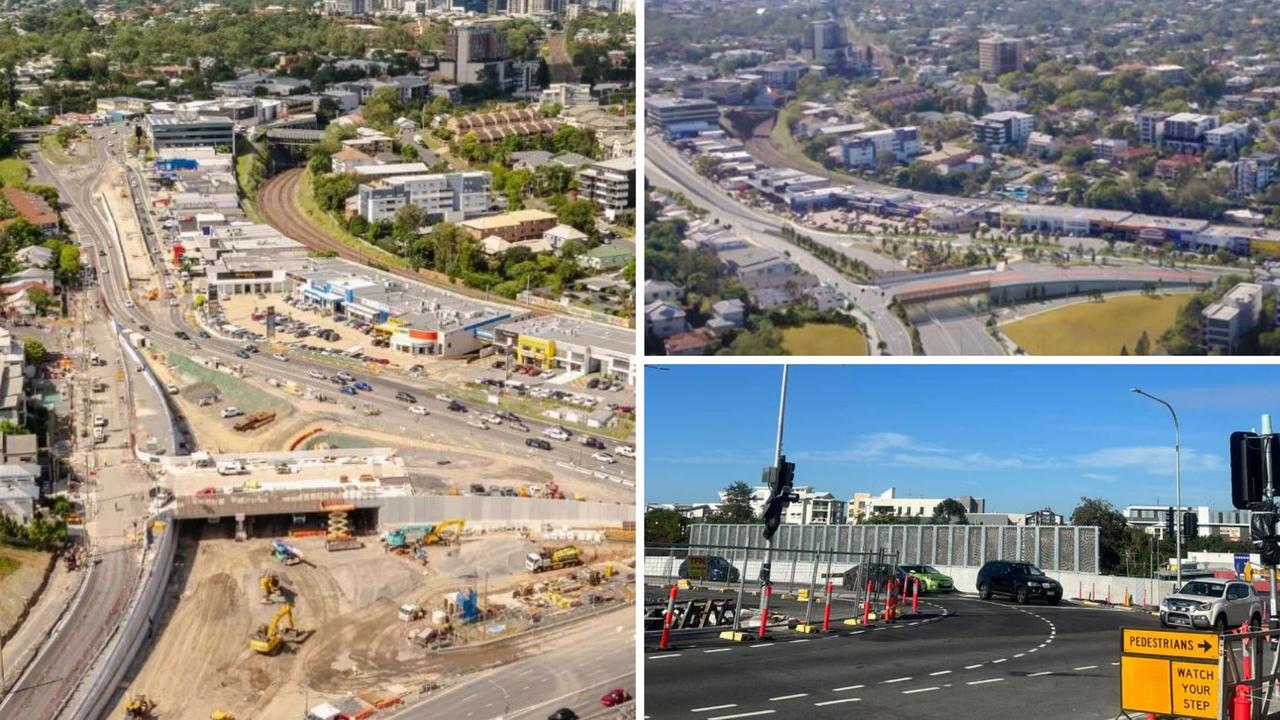Brisbane 2032: Queenslanders’ top transport priorities ahead of Games revealed
Queenslanders say they can do without innovative new solutions like futuristic air taxis, as they reveal exactly what the priorities should be when it comes to the legacy projects of Brisbane 2032.

Brisbane City
Don't miss out on the headlines from Brisbane City. Followed categories will be added to My News.
Fixing our busiest highways and delivering rail connections to the Sunshine Coast and Toowoomba should be the top priority for Brisbane 2032 legacy projects, according to Queenslanders.
Exclusive research of RACQ members, conducted for The Courier-Mail’s Future Brisbane series, found fixing existing transport and congestion issues, like the Bruce Hwy and M1, was more important than innovative new solutions like air taxis.
SCROLL TO THE BOTTOM TO COMPLETE THE SURVEY AND GIVE US YOUR BRISBANE 2032 IDEAS
Making public transport more affordable – and providing it for free across inner Brisbane – was the top transport legacy outcome, according to respondents.
“RACQ members are telling us to focus on fixing up and finishing existing transport infrastructure,” RACQ Head of Public Policy, Dr Michael Kane, said.
“With rapid population growth and the need to fix existing transport there may have to be some thinking about more cost effective new public transport solutions needed to avoid future congestion grid lock in Brisbane and South East Queensland.

“Adding new rail lines and extensions into the future will make sense but there is only so much new rail that can be added in terms of cost.”
Dr Kane said Brisbane had always had a higher reliance on buses than other Australian capital cities, but the “workhorses” of the public transport system were less popular than light rail and trains due to the “rougher ride”.
He said Brisbane City Council’s Metro system was a “clever project” in that it would use the existing and upgraded busway infrastructure and a higher quality electric-smooth ride.
Brisbane could also look at smaller Metro-style Glider tram buses that are now being adopted in European cities like Zurich, Belfast and Metz in France.
More than 2200 RACQ members responded to the survey, which gauged community sentiment around 2032 Olympic and Paralympic Games legacy opportunities.
Reducing the cost of public transport for outer suburban areas to access the city, effectively making it cheaper than driving, was favoured by more than 70 per cent of people.

The survey found growing support for electric vehicle use among Queenslanders, but new transport ideas such as electric aviation travel was favoured by only a third of RACQ members.
More than 50 per cent of Queenslanders are looking forward to the Olympic and Paralympic Games in less than a decade from now, and more than 40 per cent said they planned to attend or volunteer.
But people in regional areas were yet to be convinced of the benefits the Games would bring.




